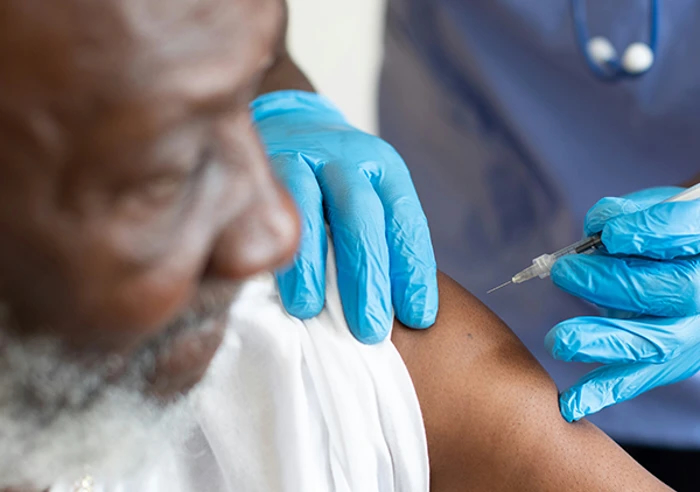News release
From:
The life-saving impact of global vaccine stockpiles to address outbreaks of vaccine-preventable diseases has been demonstrated in new Burnet Institute research.
At a time when routine vaccination is declining and impacted by US funding cuts, the results highlight the ongoing need for an insurance policy against major outbreaks of diseases like cholera, Ebola and measles.
The study is the first to investigate the effectiveness of outbreak response immunisation programs supported by Gavi, the Vaccine Alliance, which can be activated in an emergency when a country does not have sufficient vaccine supplies to cover their population at risk.
Published in the journal BMJ Global Health, the study considered 210 outbreaks that occurred between 2000-2023 for five diseases — cholera, Ebola, measles, meningitis and yellow fever.
Outbreak response immunisation was estimated to have prevented more than 5.8 million cases and 327,000 deaths across these outbreaks, providing economic benefits of almost US$32 billion.
“For diseases with routine vaccination programs, maintaining high levels of population immunity is vital for preventing large outbreaks,” study lead author, Burnet PhD candidate Dominic Delport, said.
“But when outbreaks do occur, a rapid vaccine response typically provides the greatest protective impact for the population at risk — and the faster the response, the greater the impact.
Senior author of the study, Burnet head of Modelling and Biostatistics, Associate Professor Nick Scott said a global decline in routine vaccine coverage highlights the value of vaccine stockpiles as insurance against major outbreaks.
“And as routine coverage declines, the prospect of more major outbreaks means there’s a growing need for global vaccine stockpiles.”
A novel aspect of the study was a focus on the impact of outbreak response immunisation to keep outbreaks under control before they become overly disruptive.
“If outbreaks become too large, they can have major social and economic impacts — for example if broader public health and social measures need to be introduced, if travel alerts are required, or if the outbreak crosses international borders and requires coordination between countries,” Associate Professor Scott said.
“Vaccine stockpiles have not only prevented many cases and deaths, but they have also prevented outbreaks from reaching the point where they cause substantive issues, and that’s really important.”
The Burnet modelling was commissioned to inform decision-making around Gavi’s planning, management and investment in its emergency global vaccine stockpiles.



 Australia; VIC
Australia; VIC


